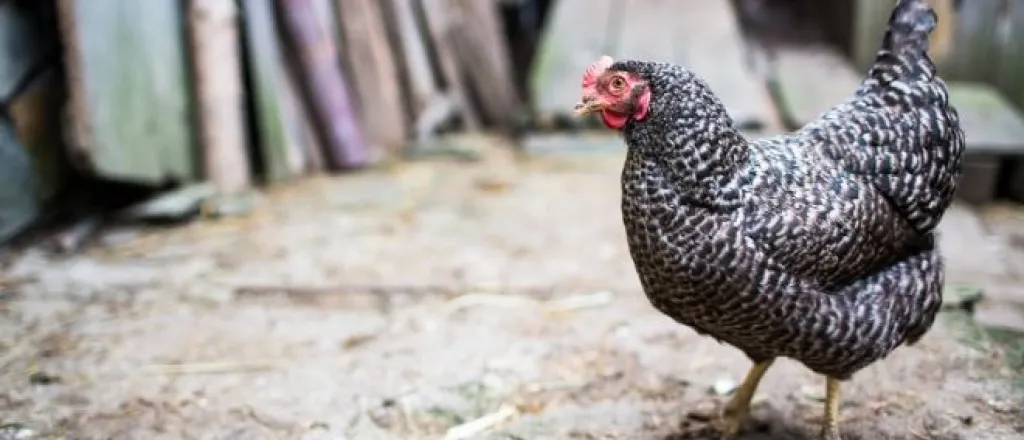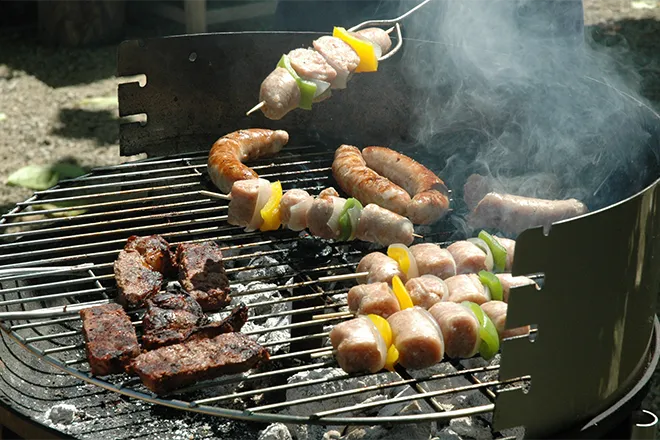
3 Tips for Starting a Hobby Farm
Though not everyone has the time or land to run a full-time farm, many people are turning to hobby farming for a more sustainable lifestyle. Unlike regular farmers, hobby farmers raise crops or livestock for fun or some extra income, rather than as a full-time job. If homegrown foods, unique pets, or simply spending your time with nature sound appealing to you, check out these tips for starting a hobby farm.
Do Your Research
The first step to any new lifestyle is to do your research. By learning more about hobby farming, you will gain a better idea of your budget, availability, and what exactly you want to do. Make a plan for which plants or animals you want to raise and what supplies you need. This is also a good opportunity to find a community of local farmers—hobby or otherwise—and get in contact with them. There’s a lot you can learn from others’ experiences, and having a network you can go to for advice or support is invaluable as you start your hobby farming journey.
Start Simple
It can be tempting to just jump in with as many new plants or animals as you can afford. However, one tried-and-true tip for starting a hobby farm is to keep things simple, small, and in your comfort zone. Maybe start with a small garden, or with an animal that requires less maintenance. It’s also a good idea to start in the spring or summer, so you have a while to learn the ropes before the more difficult winter months arrive.
Make the Right Investments
While maintaining a hobby farm is less expensive than you might think, there can be many initial costs you must pay to get started. When planning for and starting your hobby farm, be sure to make the right choices so you don’t waste money and your farm can be as prosperous as possible. For example, paying more for a quality chicken coop can save you in the long run when your flock is ultimately protected from pests or predators. However, buying expensive feed when you have space for your chickens to roam and find food in your yard isn’t a useful investment. If you make the right investments upfront, you set your farm up for success down the road.















